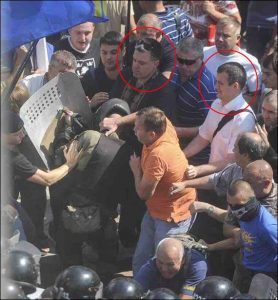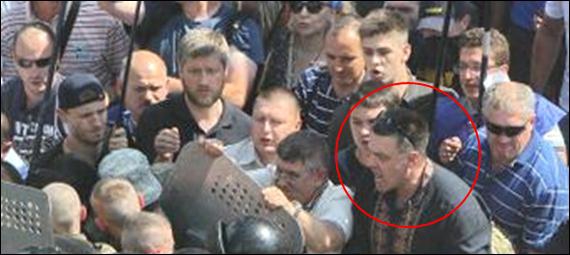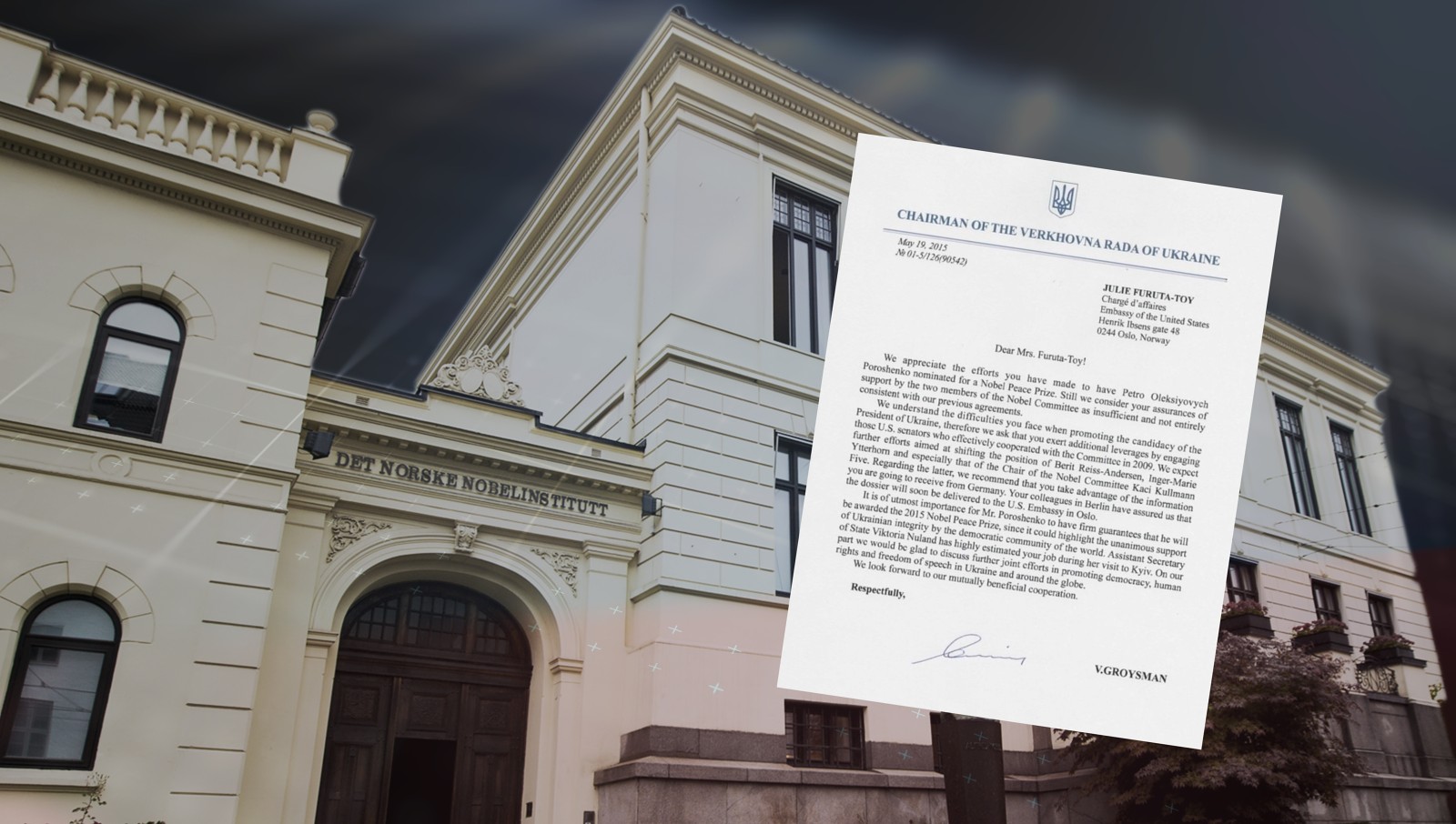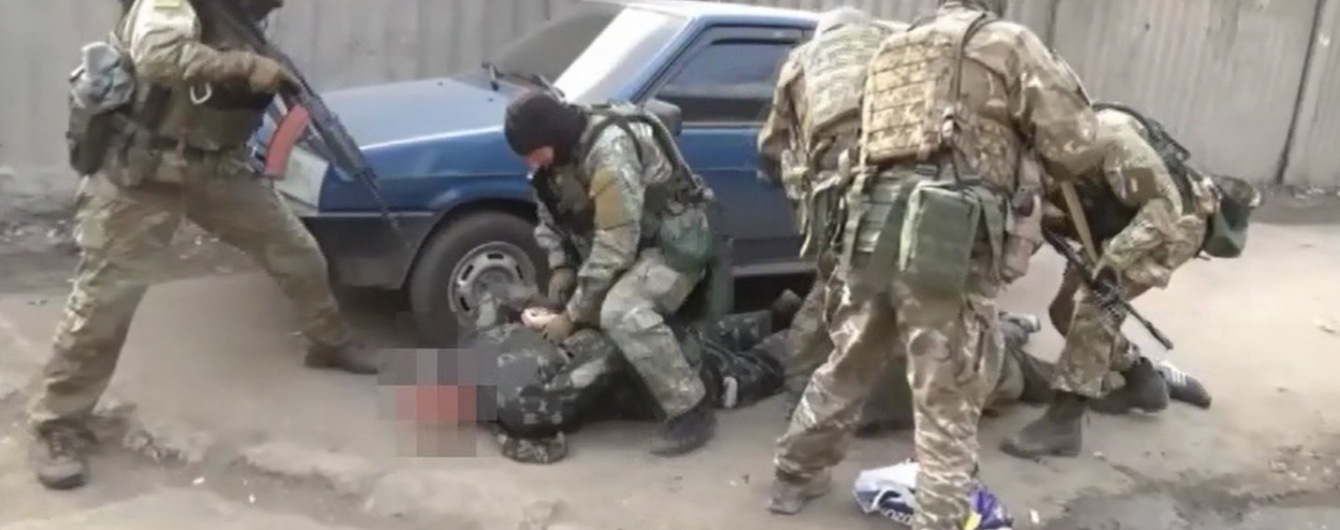In the best tradition of the Soviet intelligence services from which he comes, Vladimir Putin is “attempting to destabilize the situation in Ukraine by using ultra-right groups,” according to Ukrainian President Petro Poroshenko, who told SkyNews that he considers Russia to blame for the deaths of Ukrainian National Guardsmen in Kyiv.
Poroshenko added that Moscow’s approach in recent times has taken on “an unpredictable character.”
But if Putin’s on-again-off-again aggression against Ukraine is unpredictable in one sense – no one can be sure when he will change course next – it is predictable in two others. On the one hand, it keeps both Ukraine and its Western supporters off balance, allowing some in both to suggest that there is a possibility for “peace in our time.”
And on the other, Putin’s penetration and use of extreme right-wing nationalist groups is absolutely consistent with Soviet intelligence service practice and Putin’s own approach not only in reaching out to the radical right in Europe – and he is likely to do more of that during the migrant crisis – but also in using nominally anti-Moscow groups for Moscow’s purposes.

Doing so provides him with plausible deniability — many are reluctant to see the hand of Moscow in the actions of groups that are explicitly anti-Russian – thus providing Moscow with cover and ultimately giving the Russian center the chance to sacrifice these groups at will. Indeed, a plan to sacrifice them is inevitably part of Moscow’s modus operandi.
The classic Soviet model for such activities was Operation Trust, in which the Cheka set up a fake anti-Soviet resistance group, the Monarchist Union of Central Russia, allowed some of its members to engage in terrorist actions, used it to identify and attract back to the USSR prominent Soviet opponents, and then exposed it to discredit completely those involved with it.
That group, like others the Soviets set up in the past and that the Russians may be involved in helping to organize or at least exploit now, had three other benefits for Moscow as well.
First, it divided the opposition to Moscow by sowing suspicions among it about who was “real” and who was “fake.”
Second, it allowed Moscow to profit from the fact that many were inclined to dismiss charges of Soviet or Russian involvement with such groups as resembling the little boy who cried wolf, thus undermining the critics in the eyes of others as well and making it even less likely they will be taken seriously.
And third, it helped Moscow identify those who were its most dangerous opponents, people who could not be compromised, and set them up for kidnapping or assassination as in the case of White Russian General Aleksandr Kutepov who was deeply suspicious of the Trust throughout its existence.
Vasily Mitrokhin, the defector who has written about Soviet intelligence operations, underscores the continuing importance of the Trust for Russian intelligence operations and thus for Putin. He says that the Trust archives were not kept at SVR headquarters as one might expect but rather in the special archive of the FSB at the Lubyanka.








